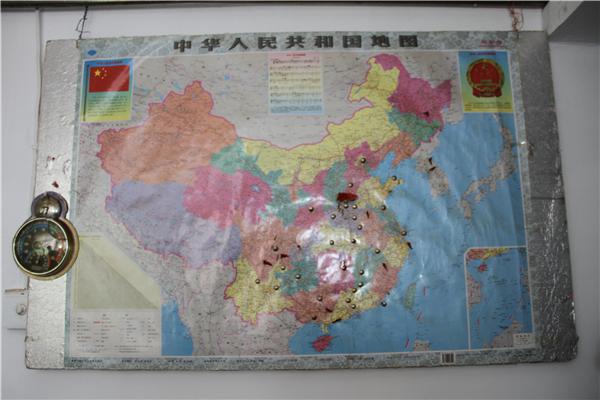 Chen Jingbo (1927 – 2020) was a retired veteran, a cadre of the Wuhan Branch of the Open University of China (OUC), and vice president of the Wuhan Grain School.
Chen Jingbo (1927 – 2020) was a retired veteran, a cadre of the Wuhan Branch of the Open University of China (OUC), and vice president of the Wuhan Grain School.
He was awarded a medal to commemorate the 70th Anniversary of Chinese People's Volunteers Entering the Democratic People's Republic of Korea(DPRK) to fight in the War to Resist US Aggression and Aid Korea" by the Central Committee of the Communist Party of China, the State Council, and the Central Military Commission. His passion and patriotism will never be forgotten.
Entering Chen's home, one immediately encounters a map of China on which nails and small red flags mark where he traveled and fought in the army. The biggest flag is located in Jiaozuo, Henan Province, where his career as a revolutionary began in August 1945, when he was 18.

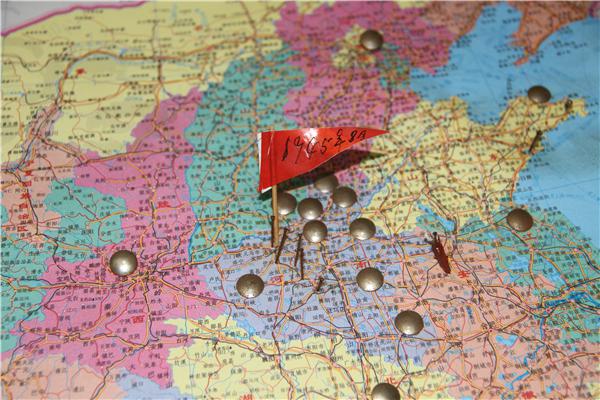
He survived fierce battles, and spent half his life in the army.
Life today, according to Chen, is incomparably easier than it was in his youth. He was born in 1927, and his father died when he was five or six. The family of 11 children was often reduced to eating bentonite clay, chaff, and wild vegetables. At 16 he was conscripted into the Kuomintang army, and in 1945 escaped to join the Red Army, serving on the Eighth Route. "We were popular wherever we went,” he said. “Every household donated to us the rice and meat they’d saved, and many volunteered to join."
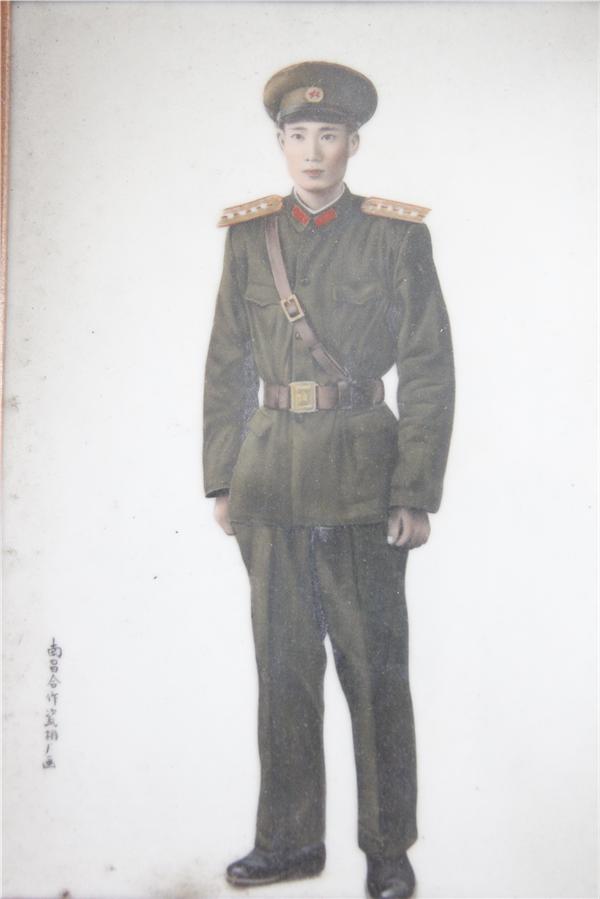
Mr. Chen treasured his dark-green, old-fashioned, bemedalled military uniform. The medals included a third-class medal awarded by the government of the DPRK, one for the Huaihai campaign, one for the battle fought to cross the Yangtze River, one for the liberation of Southwest China, one to commemorate the liberation of North China in 1950, and so on. For all these honours he had risked his life. He participated in the war against Japan, the war of Chinese liberation, the Korean War, and others, and even gained a first-class merit in the campaign to liberate Guangdong and Guangxi.
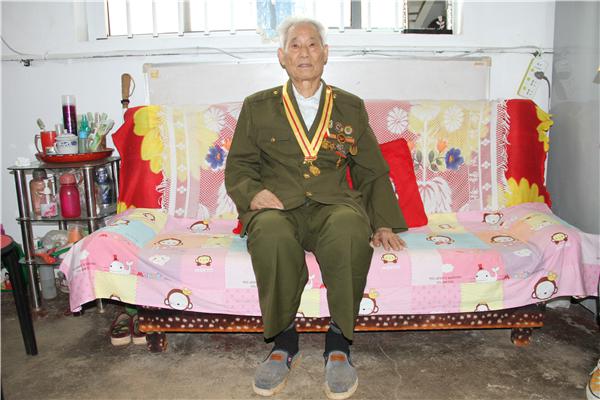
In the Korean War he shot at fighter planes with a rifle.
In 1951, Chen Jingbo joined the resistance to the American advance in Korea, and did not return home until 1954. The armaments of the US troops were more sophisticated than those of the Chinese, and the Americans traveled in vehicles against soldiers on foot. The Chinese generals sent storm troopers to bomb blockhouses while the enemy used artillery, and sometimes they had only rifles as a defense against hundreds of planes. "During the Korean War,” said Chen, “we volunteers usually ate food made of soybean flour, which gave us diarrhea. But to show their gratitude to the volunteers, the North Koreans secretly replaced the fried noodles with rice and left us good food."
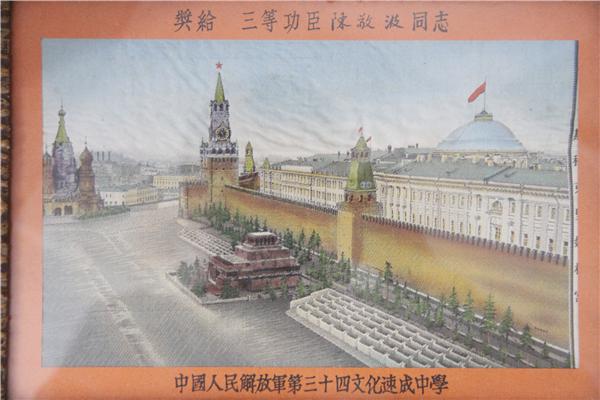
In 1954, after the war had ended in a stalemate, Chen Jingbo was awarded a third-class medal by the government of the DPRK. He then pursued studies in Nanchang, Jiangxi Province, and in 1958 transferred out of the army to work in Hubei Province. In 1975, he was named vice president of Wuhan Grain School, from which he retired in August 1992. Even after leaving the military, he expressed his love of country in his own way.
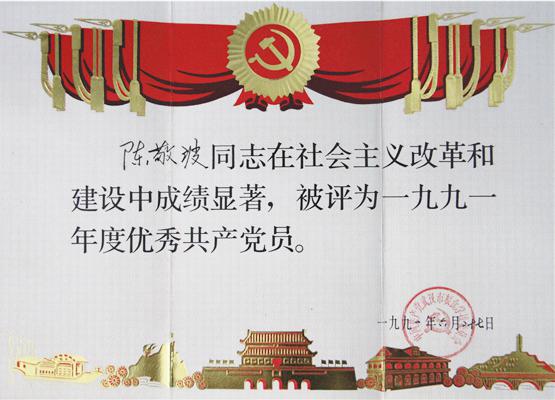
In recalling his life of shedding tears and even blood in battle, he would say of the development in the new era, "General Secretary Xi Jinping said we should remain true to our original intention, and this has profound meaning. We were once mocked by other countries as "Sick Man of East Asia"; our people were generally uneducated, and we had low economic productivity. Now it's totally different. We are a world power. The times are changing, and we should keep pace with them. However, no matter how they change, our patriotism should remain steadfast because of its fundamental significance. The development of our country depends on you, young people. You are the hope and the future. "
By Wuhan Branch